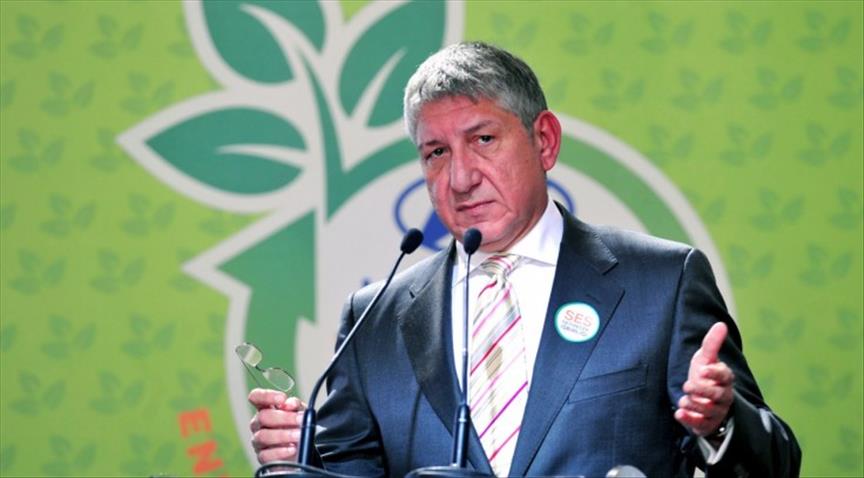The decrease in oil prices will not have a similar effect on the prices of liquidified petroleum gas, according to Selim Siper, the President of Turkish LPG Association.
Oil prices have fallen dramatically since June 2014 from $115 to around $86; its lowest in four years. The decrease raises the question on whether LPG prices will also decrease.
'LPG is produced more out of natural gas than petroleum. So we cannot say that decrease in oil prices will affect LPG prices. For the last year because of the shale gas boom in the U.S.A., LPG production has increased and the price of LPG has lowered,' said Siper.
'LPG prices won’t reduce anymore, quite the contrary, growth demand in the winter will increase LPG prices.'
LPG is a hydrocarbon consisting of propane and butane. Propane is a gas that can power cars as LPG, as well as having the capability to heat homes.
'Propane and butane loosely follow the price of crude oil on a macro scale,' said Alexander Stohr, Autogas Manager of World LPG Association.
Stohr agreed with Siper that with the advent of shale gas in the U.S., the long-term prices for LPG will be driven down.
'However, there has recently been a considerable spike in prices, with costs tripling, when stocks - emptied through excessive export - were met by a rapid increase in demand and an unusually harsh winter,' said Stohr.
A wet summer will drive up the amount of LPG needed to dry crops such as grain, albeit the amount being kept in check by the average harvest quality in competing markets, where humidity of the grain determines the price, according to experts.
By Murat Temizer
Anadolu Agency


